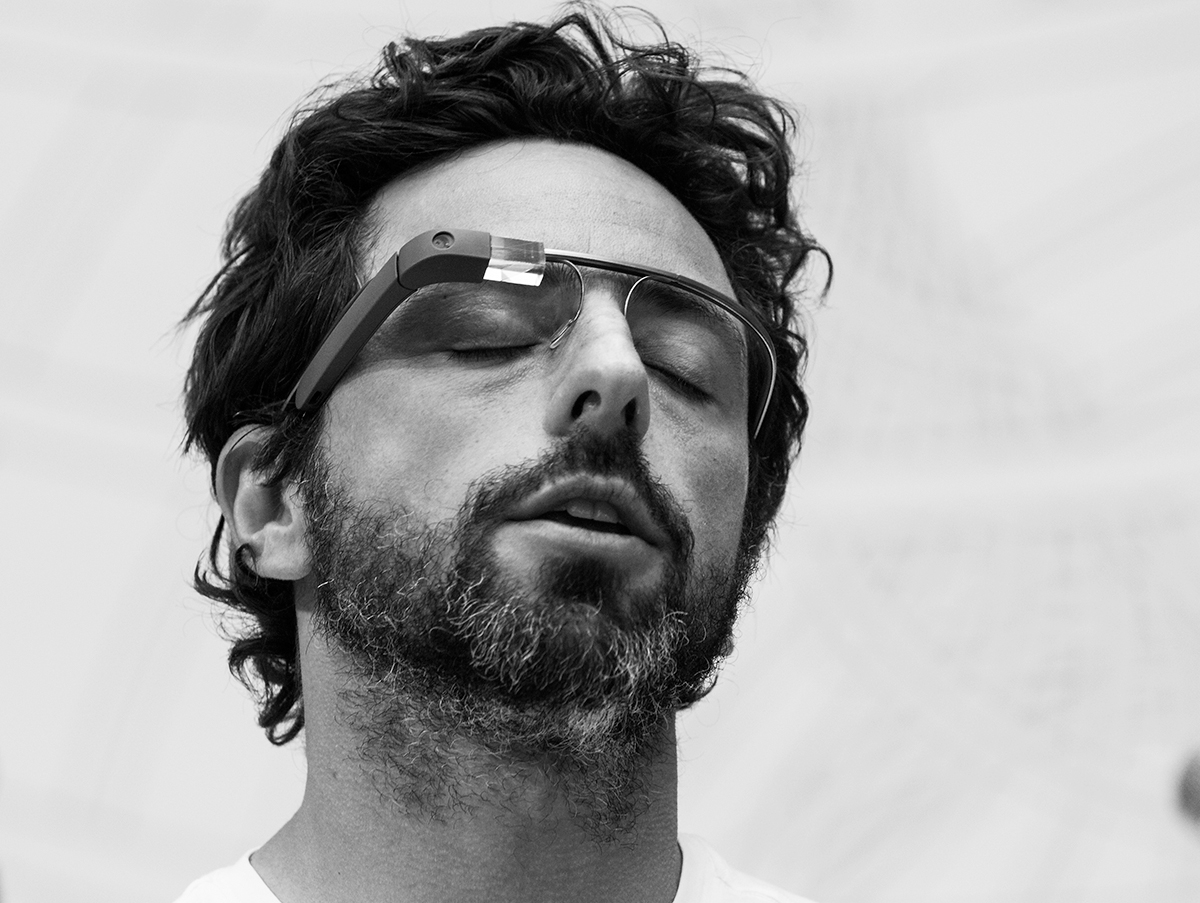I believe Weak AI can remake a wide swath of our society in the coming decades, but the more sci-fi Strong AI moonshots don’t seem within reach to me. When Yuval Harari worries that technologists may play god, he’s saying nothing theoretically impossible. In fact, the innovations he’s discussing (genetic engineering, cyborgism, etc.) will almost definitely occur if we get lucky (and creative) and survive any near-term extinction.
But the thing about Silicon Valley remaking our world is that it’s really tough do that, especially when dealing with such hard problems–even the hard problem (i.e., consciousness). Google is an AI company disguised as a search company, but it’s certainly possible that it never becomes great at anything beyond search and (perhaps) a few Weak AI triumphs. Time will tell. But it probably will take significant time.
In a Washington Post piece, Bhaskar Chakravorti wonders if Google X is more moonshot or crater, though I think it’s too early to be assesssing such things. Creating 100% driverless autos wasn’t going to happen overnight, let alone radical life extension. An excerpt:
In its relentless hunt for innovation, Google is a voracious acquirer of innovative companies. In the two years prior to 2014, it outspent its five closest rivals combined on acquisitions. Here, too, it has failed in dramatic ways. A single acquisition, Motorola Mobility, cost $12 billion — almost half the amount that Google spent on all its acquisitions over a decade — which it sold for $3 billion two years later.
None of these factors deters Google’s leaders or its many admirers. Much of the public focus has shifted recently to its Google X unit, which not only has a chief most appropriately named, Astro Teller, it has a manager with an official job title of Head of Getting Moonshots Ready for Contact With the Real World. Now, the drumbeat has picked up as some of Google’s moonshots come closer to landing. The Google self-driven car is coming around the corner quite literally. Google’s high-altitude balloons are being tested to offer Internet access to those without access. And the latest: Google intends to take on the myriad urban innovation challenges with its brand new Sidewalk Labs. Beyond the roads, sidewalks and the skies, Google wants to tinker with life itself, from glucose-monitoring contact lenses to longevity research.
Google’s revenue source is essentially unchanged and yet it spends disproportionately to move the needle. But these unprecedented moonshots could simply be money pits.•

